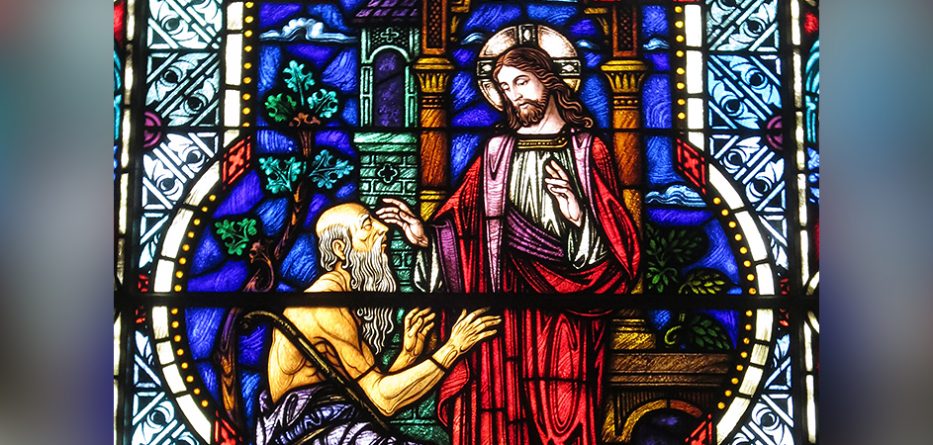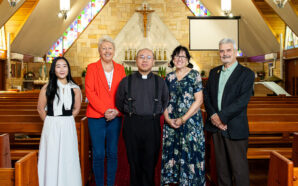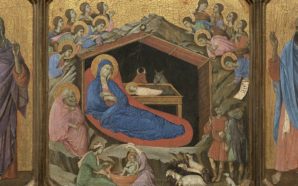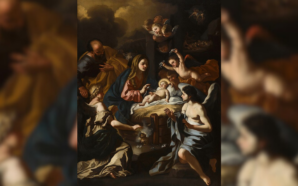When we see someone who is truly down and out, such as some homeless man or woman living on the streets, we try to figure out what happened to them. What has led them to being in such a bad position? Was it something they did? Was it something others did to them? Who, exactly, is responsible? Some will try to blame the man or woman whom they see, others will blame society. Perhaps, in some situations, both claims will have some validity, but we must not use particular cases to make for universal claims. Sometimes neither the person, nor society, is at fault, but rather, circumstances which are outside of anyone’s control leads someone to being in such a bad position.
We are expected to help people in need. Certainly, we might not be able to do much; we might not have money to give, and people might not listen to us if we challenge society to find a way to help them, but we must admit, even a few words of encouragement, a loving gesture which looks at the person as a person and not as an object to be scorned or even pitied, will give them some of the consolation and support they need to continue to push on to another day.
And, of course, we can and should include them in our prayers, recognizing, of course, that if we can do more than pray, we should. Nonetheless, it is normal for us to try to understand how a person got into such a situation; we must not do so as a way to excuse ourselves, or society, from doing what we can to help the person; we must not try to find excuses to ignore them, their needs, indeed, excuses to disregard their plight. We should first focus on those needs, and then, in the process of helping them, determine the rest, if we can, realizing, though, sometimes a person is suffering because of no single fault which can be placed upon anyone. This is one of the messages we can get with Jesus’ encounter with a man who was born blind.
Why was the man born blind? No one, not even God, is responsible. He was born blind due to the laws of nature. It was some natural defect. It could have been the result of some genetic defect, or it could be some environmental circumstance which disrupted his fetal development. While no one was to blame for his condition, society was responsible for how they treated him.
Whenever there is someone in need, the work of God should be made manifest by helping them. We should become the hands of God in their lives, at least, insofar as we can. We should show them compassion, and indeed, love, so that whatever darkness clouds their life can be lifted by such care. If we do this, then the glory of God can be made manifest in and through our work.
To continue reading this article, click here.
Henry C. Antony Karlson III has done considerable amount of graduate work and study in philosophy, theology, and comparative religious dialogue. He has taught as an adjunct at both Georgetown University and the Catholic University of America. He seeks to engage his readers with a diversity of topics, some cultural, some philosophical, some theological, but all for the glory of God. He is a Byzantine Catholic, who, before establishing his own blog on Patheos, used to be one of many writers on Vox Nova. He has had articles published or republished on many other sites including The Interfaith Observer, Orthodoxy in Dialogue, and Eclectic Orthodoxy.
With thanks to Patheos and Henry Karlson, where this reflection originally appeared.








